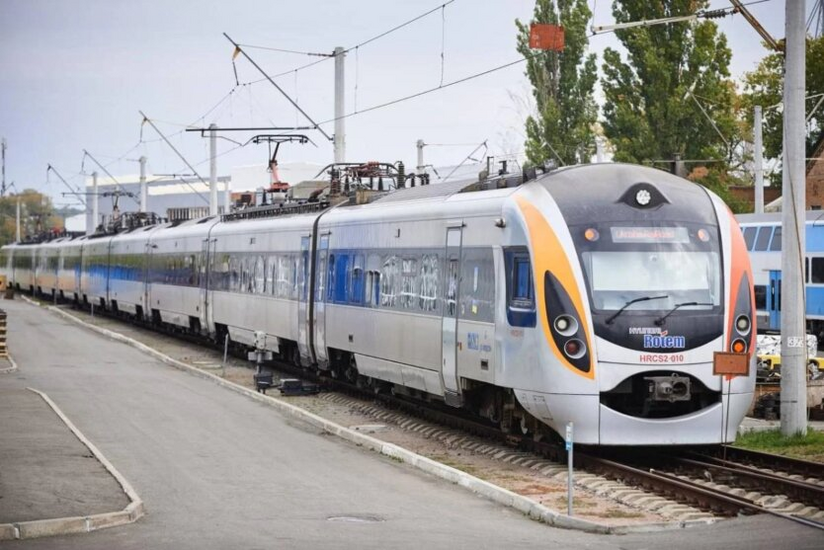Ukrzaliznytsia launches free Wi-Fi on high-speed trains: how to connect.


The company "Ukrzaliznytsia" announced the implementation of free Wi-Fi in high-speed trains of Intercity and Intercity+ categories. This innovation is intended to improve passenger comfort and meet the growing need for Internet access during trips.
According to "Hvylya", this news was announced by the company's press service.
Currently, 16 different models of trainsets are already equipped with Internet access systems. Among them are 10 Hyundai trains, 2 Skoda trains, 2 Tarpan trains, and 2 trains with MPLT cars.
According to the management of "Ukrzaliznytsia", all passengers of high-speed trains have the opportunity to use Wi-Fi. At the first stage, the company provides free access to 1 GB of traffic at a speed of 10 Mbps.
To connect to Wi-Fi on these Ukrzaliznytsia trains, you need to:
- Turn on Wi-Fi on the device and select the network named WiFi test.
- After connecting to the network, the on-board portal page portal.uz.com.ua will open with basic information about the trip, electronic menu, and the ability to leave feedback.
- Use the free 1 GB of traffic at a speed of 10 Mbps.
Currently, the project is in the testing phase. During this period, access to Wi-Fi will remain free for all passengers. This will allow the company to collect the necessary data on the system's operation, assess network load, and receive feedback from users.
We remind you that Ukrzaliznytsia has stopped selling tickets on routes from Lviv to Warsaw.
Read also
- New Sanctions Strike on Moscow: EU Targets 'Shadow Fleet' and Hundreds of Vessels
- Friedrich Merz became the new chancellor of Germany after the second voting attempt
- Compensation for Damaged Property: How to Properly Submit an Application
- Ukraine participates in the formation of NATO's Scientific and Technical Strategy
- The patronage services are planned to be introduced in all brigades and battalions of the Armed Forces of Ukraine
- The Telegraph: The UK is secretly preparing for a possible Russian attack










